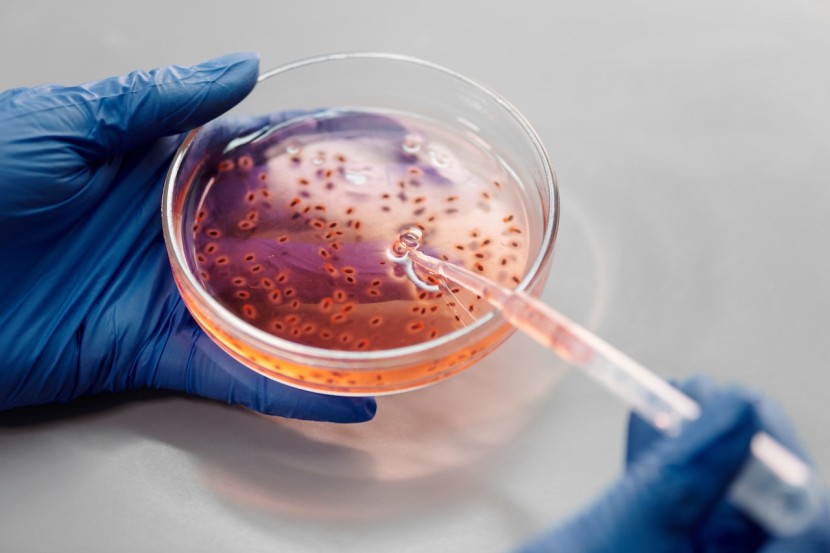
In an effort to make the so-called fecal transplants more accessible, US health regulators on Wednesday, April 26, authorized the first medication produced from beneficial bacteria discovered in human feces to combat deadly gut illnesses.
Some doctors have been using stool-based techniques for over a decade to aid their patients, but the new therapy from Massachusetts-based Seres Therapeutics is simpler and has been well-researched.
Green Light Is Given
The new pills were given the go-ahead by the Food and Drug Administration (FDA) for use by those aged 18 and above who are at risk of developing a chronic infection with Clostridium difficile (or C. diff), a bacteria that can cause severe nausea, cramps, and diarrhea.
According to AP News, the recurrence of C. diff is very deadly, causing between 15,000 and 30,000 fatalities annually. Antibiotics are effective against it, but they also kill out the healthy bacteria in your stomach, making you more vulnerable to subsequent illnesses. Patients who have previously been given an antibiotic treatment course may take the new pills.
Based on research involving 180 patients, the FDA gave its approval to the medication since over 88% of those who took the capsules did not develop reinfection after 8 weeks, compared to 60% of those who took dummy tablets.
The Fecal Transplants
Fecal transplants, which include utilizing feces from a healthy donor to restore the gut's healthy balance and avoid reinfections, have been used successfully by certain medical professionals for over a decade.
Last year, the FDA authorized a pharmaceutical-grade version of the medication from competitor Ferring Pharmaceuticals. However, similar to the majority of the pioneering methods, that firm's product requires rectal administration.
With their medicine, Seres intends to position itself as a less invasive alternative in the market. Treatment consists of four pills each day for three days in a row and will be distributed under the brand name Vowst.
Years of pharmaceutical industry study on the microbiome (the community of bacteria, viruses, and fungi that dwell in the gut) led to both of the recent FDA approvals.
Role of Stool Banks
These days, most fecal transplants come through a nationwide network of stool banks housed in clinics and hospitals.
ABC News said some stool banks want to remain operational despite predictions that the emergence of new FDA-approved treatments would lead to a decline in contributions.
The biggest American stool bank, OpenBiome, has said it would continue to serve patients who do not qualify for the FDA-approved products, including children and adults with treatment-resistant diseases. Since 2013, more than 65,000 individuals with C. diff have received feces samples from this source.
OpenBiome's medical director, Dr. Majdi Osman, said fecal transplantation is an essential final line of defense for patients. The organization is dedicated to ensuring that it is available to them in a safe environment.
The regular OpenBiome treatment for stool is less than $1,700 and is sent as a frozen solution in a matter of days.








